Partners
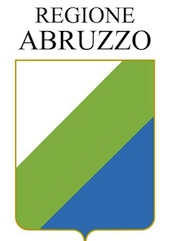 |
Abruzzo Region is the political and administrative government of the Region, located in the center of Italy. The Region has authority in various fields such as health, culture, social affairs, vocational training and education, energy, environment, public works, and economics. The Region practices controls on all the municipalities and other local authorities. The Office for Equal Opportunities of the Region is regularly engaged with activities aimed at promoting diversity and contrasting discrimination. Indeed, in the last years it created a centre to support migrant and minority women who are victims of violence and discrimination, raised awareness on gender equality and also led on the establishment of a Regional anti-discrimination centre to support migrants and boost integration. |
|
|
|
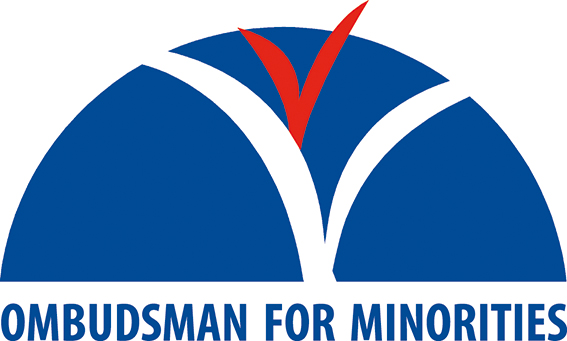 |
The task of the Ombudsman for Minorities is to advance the status and legal protection of ethnic minorities in Finland and to prevent and tackle ethnic discrimination. The Ombudsman also acts as the national rapporteur on trafficking in human beings. The Ombudsman targets its services at immigrants, foreigners living in Finland, and Finland’s traditional ethnic minorities such as the Roma and Saami people. |
|
|
|
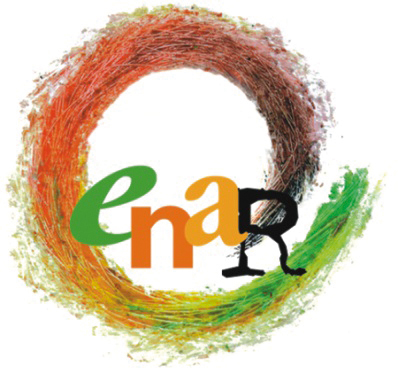 |
Since 1998, ENAR, the European Network Against Racism, has been successfully fighting racism, racial discrimination, xenophobia and related intolerance, and has promoted full equality for all across Europe. ENAR’s mission fosters a collective civil society voice and influences decision-making in the EU to:
ENAR has 8 paid, full-time staff and rotating interns with scholarships. Following its restructuring in 2013, ENAR now has a board of 11 members, representing over 150 member organizations. |
|
ISIG - The Institute of International Sociology of Gorizia (Italy) |
|
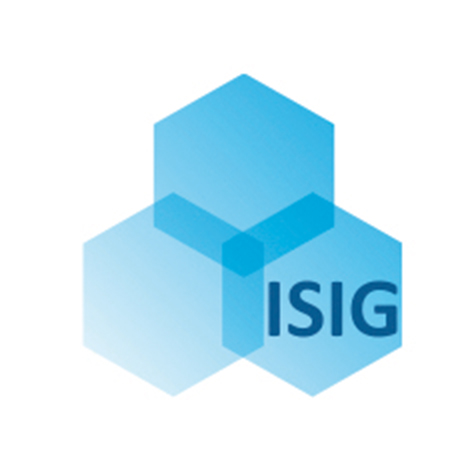 |
ISIG is an independent research institute recognized by the Italian Ministry of Education and Research and has status as a special adviser to the Economic and Social Council of the United Nations (ECOSOC). ISIG is an institution rooted in the regional context but also dynamically designed and included in the international framework and is recognized as a center of excellence in the study of international relations and of cross-border and ethnic relations and minority rights, peace and conflict resolution, the society and social policy, the economy and local development, democracy and civil society, land use and environmental risk management. |
|
|
|
 |
The Peace Institute – Institute for Contemporary Social and Political Studies – is a non-profit research institution developing interdisciplinary research activities in various fields of the social and human sciences (sociology, anthropology, political science, philosophy, economies, law etc.). The goal of the Institute is not only to adopt a critical stance towards events in the society but also to actively intervene in these events, to link academic research and reflection with practical educational and strategic advisory activities in various fields of public policy and public action in general. Consequently, the Institute has the status of a civil society non-governmental organisation on national, EU and international level. |
|
|
|
 |
Progetti Sociali (Social Projects) is a social enterprise dedicated to social inclusion, equality, and sustainable development. In particular its activities focus on facilitating the integration of knowledge, technologies and cultures. Progetti Sociali was created in 2008 and since then it combines its non-lucrative nature with the mission of social improvement. It acts both as an instrument of consultancy and as direct Partner for the development of projects and services. Progetti Sociali's work includes the planning, implementation and coordination of social projects. It works building partnerships with European, national and local public and private organizations to reach shared goals. Other activities carried out are training delivery, research, information and communication. |
|
|
|
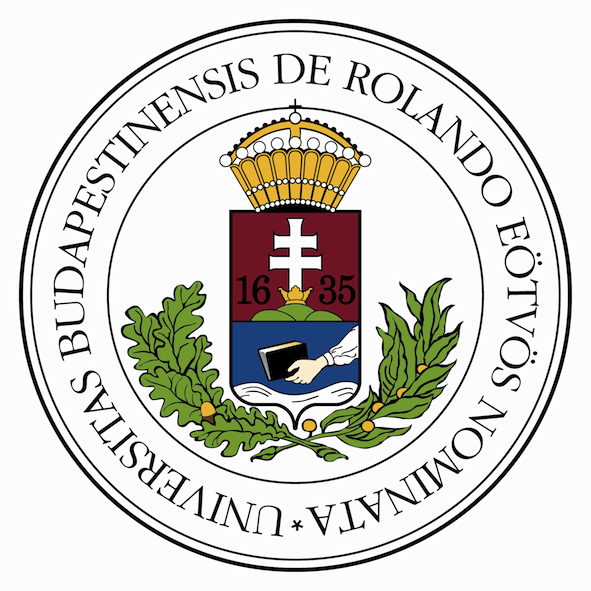 |
ELTE is one of the most prestigious universities in Hungary with an outstanding educational and research experience on racism and minority issues. The Faculty of Social Sciences runs it exceptional ELTE-UNESCO Minority Studies Department with a scope ranging from historical problems of ethnicity and minorities in Eastern and Central Europe to issues of Xenophobia, anti-Semitism; anti-Roma prejudice including Gender issues and syndromes of New Authoritarianism.
|
|
The Forum - The Migrant and Refugee Communities Forum in London (UK) |
|
 |
The Migrant and Refugee Communities Forum (or The Forum) promotes the rights of migrants and refugees, works to strengthen their community organisations, and ensure equality of opportunities for individuals, with the ultimate aim of facilitating their meaningful inclusion and integration. The Forum has addresses lack of services and institutional discrimination in immigration, health, education, welfare and employment through holistic, innovative, migrant and refugee-led initiatives in community development and organising, advocacy and mentoring support for individuals and policy work that tackles the root causes of exclusion. The Forum also runs the Woman On The Move Awards to celebrate achievement of grassroots community leaders and raise awareness of issues experienced by their communities. |
|
UNICRI - United Nations Interregional Crime and Justice Research Institute |
|
 |
The United Nations Interregional Crime and Justice Research Institute is an autonomous institution of the United Nations, established in 1967 by the Economic and Social Council following Resolution 1086 which urged an expansion of United Nations activity in crime prevention and criminal justice.
|






